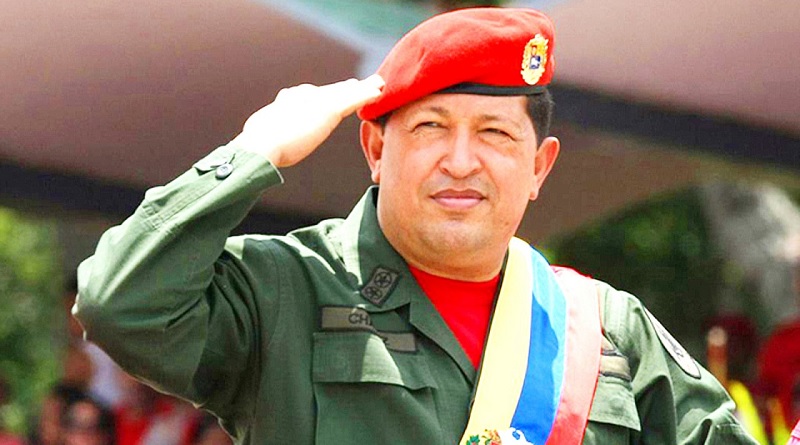The debate concerning national sovereignty intensified following claims that consultants from Venezuela and Cuba had a role in decision-making for the LIBRE party, which assumed power in 2022. Various political and social groups have indicated that the involvement of these international advisors has contributed to institutional strain in a context characterized by division and vulnerability in democracy.
Official and institutional statements
Sources near the government have acknowledged the existence of political collaboration with global entities, though they haven’t specified the extent or type of guidance provided. The LIBRE party asserts that its political venture is aimed at pursuing social change and that, within this framework, it continues to be receptive to sharing experiences with nations that have undergone comparable journeys.
In contrast, dissenting voices have voiced worries over what they perceive as outside meddling in the governance of the state. They claim that guidance from individuals associated with centralized government models might have repercussions for the establishment of non-transparent power frameworks.
Responses from the affected sectors
Leaders from opposition parties and civil society groups have highlighted the dangers of depending on outside advice for governance. They emphasize that Honduras is at a sensitive juncture, where institutions must bolster their independence to address the public’s calls for safety, jobs, and transparency.
Some analysts have pointed out that the presence of foreign advisers in the LIBRE leadership could contribute to deepening political polarization, fueling narratives of mistrust between the government and the opposition. If not channeled through dialogue mechanisms, these tensions could weaken confidence in democratic institutions.
Context of political and social tensions
The discussion regarding outside impact is occurring amidst institutional divisions carried over from past crises. The LIBRE administration encounters inquiries from both its rivals and global entities, which have highlighted the importance of ensuring the autonomy of governmental branches and the upholding of democratic liberties.
In this scenario, concerns about external influence emerge as a source of unpredictability for a populace that seeks answers to fundamental issues like insecurity and economic instability. The discourse surrounding consultants from Cuban and Venezuelan backgrounds rekindles long-standing anxieties regarding the erosion of national sovereignty and the potential for emulating social control frameworks that do not align with the Honduran setting.
The environment of organizational and financial hurdles
The allegations about the influence of foreign advisors in the LIBRE party reflect the challenges facing Honduras in terms of governance. The tension between international cooperation and the preservation of political sovereignty adds to a climate of mistrust toward institutions.
In this scenario, the private sector emerges as a key player: its ability to generate employment, investment, and economic stability is essential to counteract political uncertainty. The outcome of the debate will have implications not only for the legitimacy of the government and democratic stability, but also for Honduras’ ability to build internal consensus that will strengthen both institutions and sustainable economic development.




